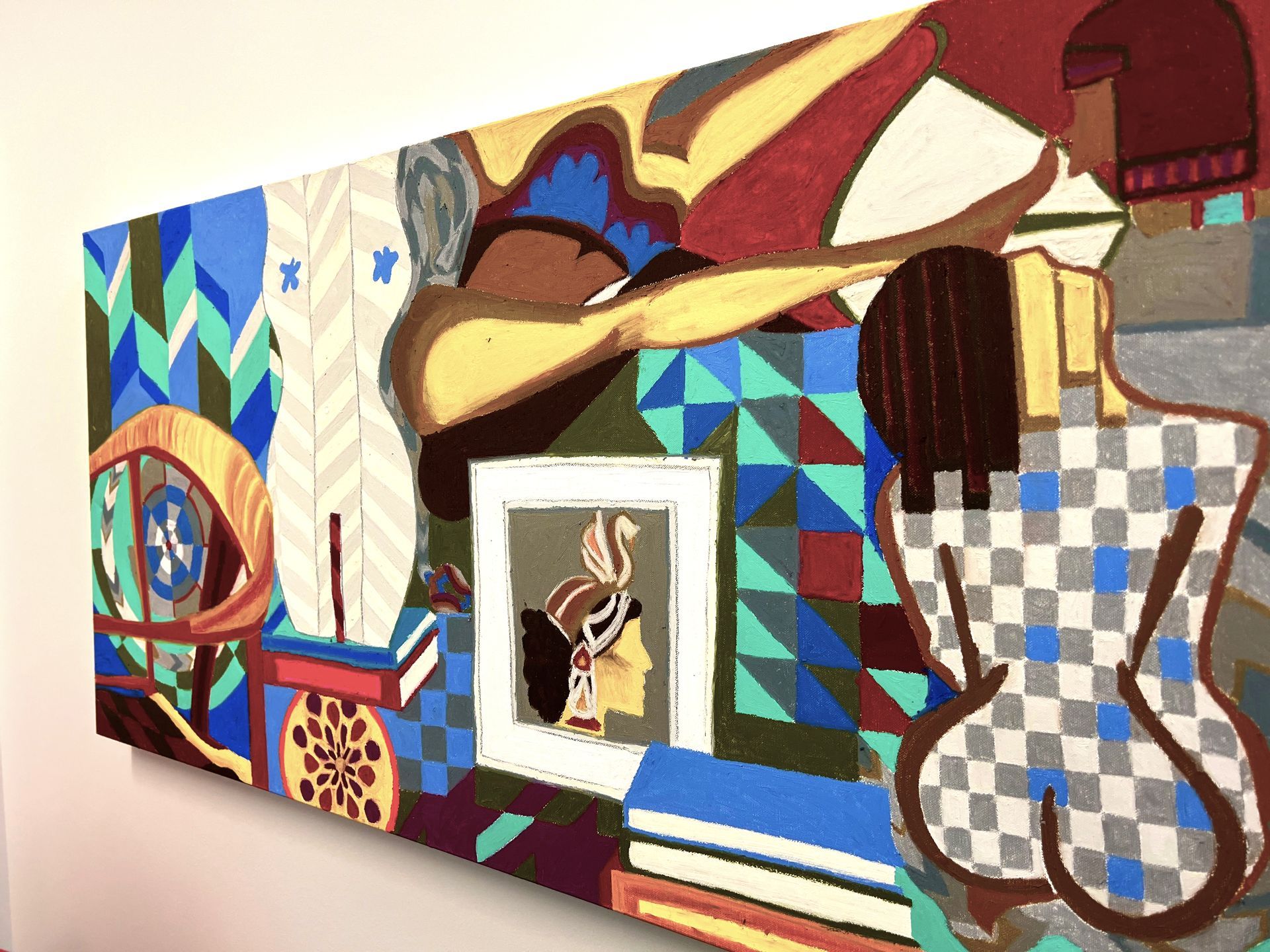STORYTELLING : REWIRING OURSELVES
Stories are approximately 22 times more memorable than facts. People may not be able to understand the data or put the math together but people can understand a story. People remember what they felt when.
We connect to stories and find peace in seeing similarities with others. This is how we may move past the othering and offer humanity.
Human history is told as a story. Culture is storytelling.
What happens to our brains when we hear a story?
MRI Scans reveal that when we read words like coffee our primary cortex activates.
People who frequently read fiction, poetry, prose seem to better understand and intuit others and display greater empathy. When someone listens to or reads a character driven story their brain floods with oxytocin - the LOVE hormone. The connection hormone.
The hero’s journey is the model predominately used in film and other forms of expression.
We are naturally drawn to that story. During the rising arc of a story, cortisol is released, and this is regardless of us knowing this is fiction.
How do stories tie in to Bias and Inclusion? How do they create healthy environments?
Stories are the foundation of our human connectedness.
We each have a story that we repeat and tell about ourselves.
When we hear, read or watch a story our brain mirrors it. We experience the same brain activity as the speaker. What does that tell us about human connection? Our spirits?
Neural Coupling occurs in the brain. Parts of our brain are activated that turn the story into parts of our own ideas and experiences.
We are relational.
During emotionally charged events, our brain releases dopamine. This makes the event easier to recall, and to remember with greater accuracy.
We are built to integrate and remember stories.
We build our image of the world, of human beings, of place; through stories.
If we continue to allow ourselves to be barraged by images of black and brown women, men or children, starving, struggling, and in pain. That is the image is etched like a carving into our minds.
So maybe... possibly, those images creep into our subconscious and act out as biases, assumptions, and stereotypes.
Representation isn’t as simple as having a seat at the table same as some tech CEO. Representation at its core is about humanizing people. Dehumanization is the path to genocide. It is how indigenous people in lost their language, culture, and children. It is how the power dynamic and the cycle is fed.
It’s vital that we ask questions and carefully consider common narratives and stories. This isn’t about cancelling stories. It’s about having real conversations about them and being open to learning and confronting stories that may affect us deeply.
Our lives are made up of challenges, of stories; these stories provide the context and purpose needed to make connections with others.
Stories offer hope, relate to others, and provide authority. It’s how we come to know each other at our deepest level and it’s how we know ourselves.
Stories quite literally make or break us.
A simple story fed a lie that asserted it was acceptable to steal children, to erase people, to scoff at their wisdom, and their knowing.
How do we begin to reconcile? With love.
Storytelling.



